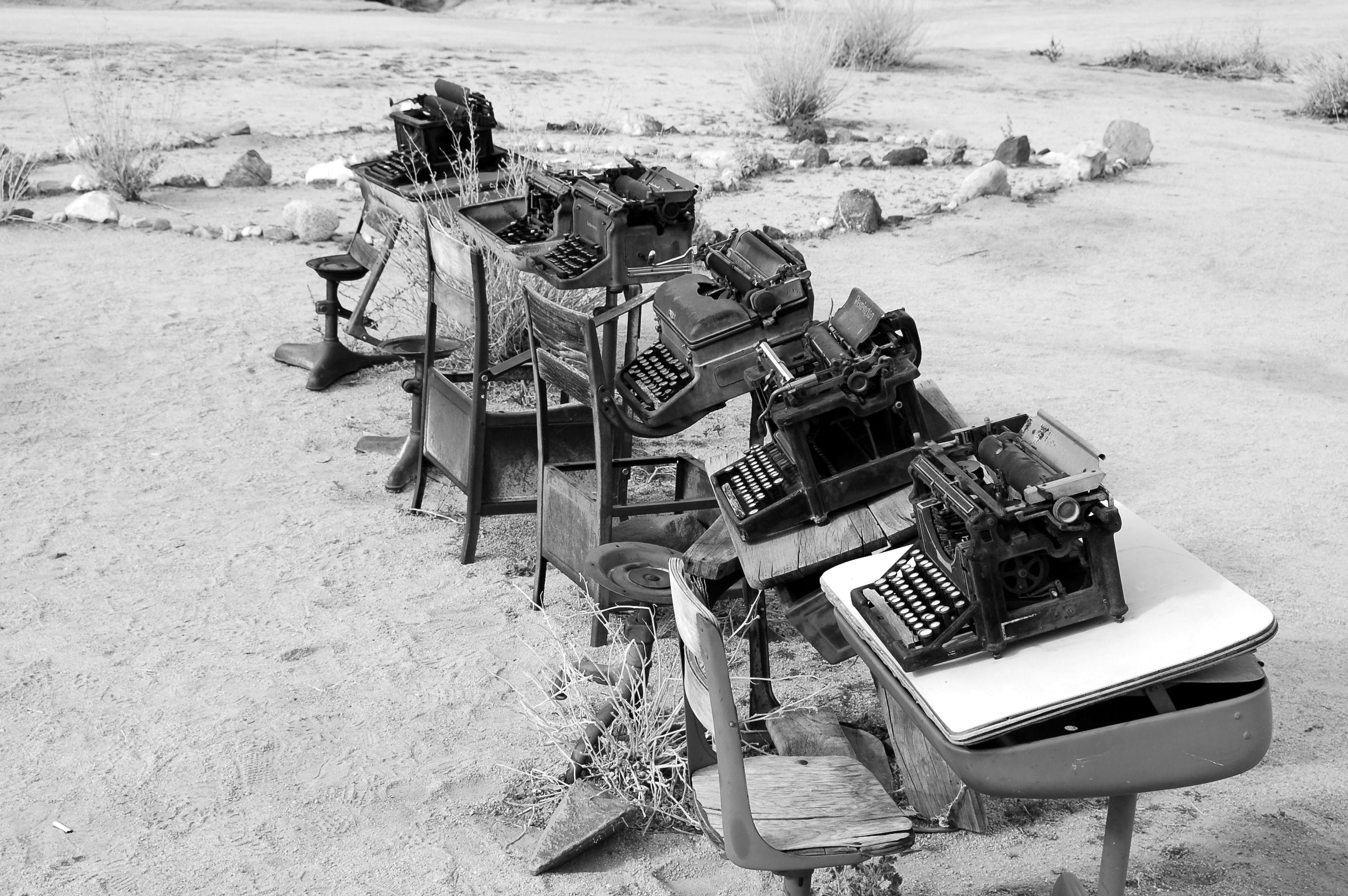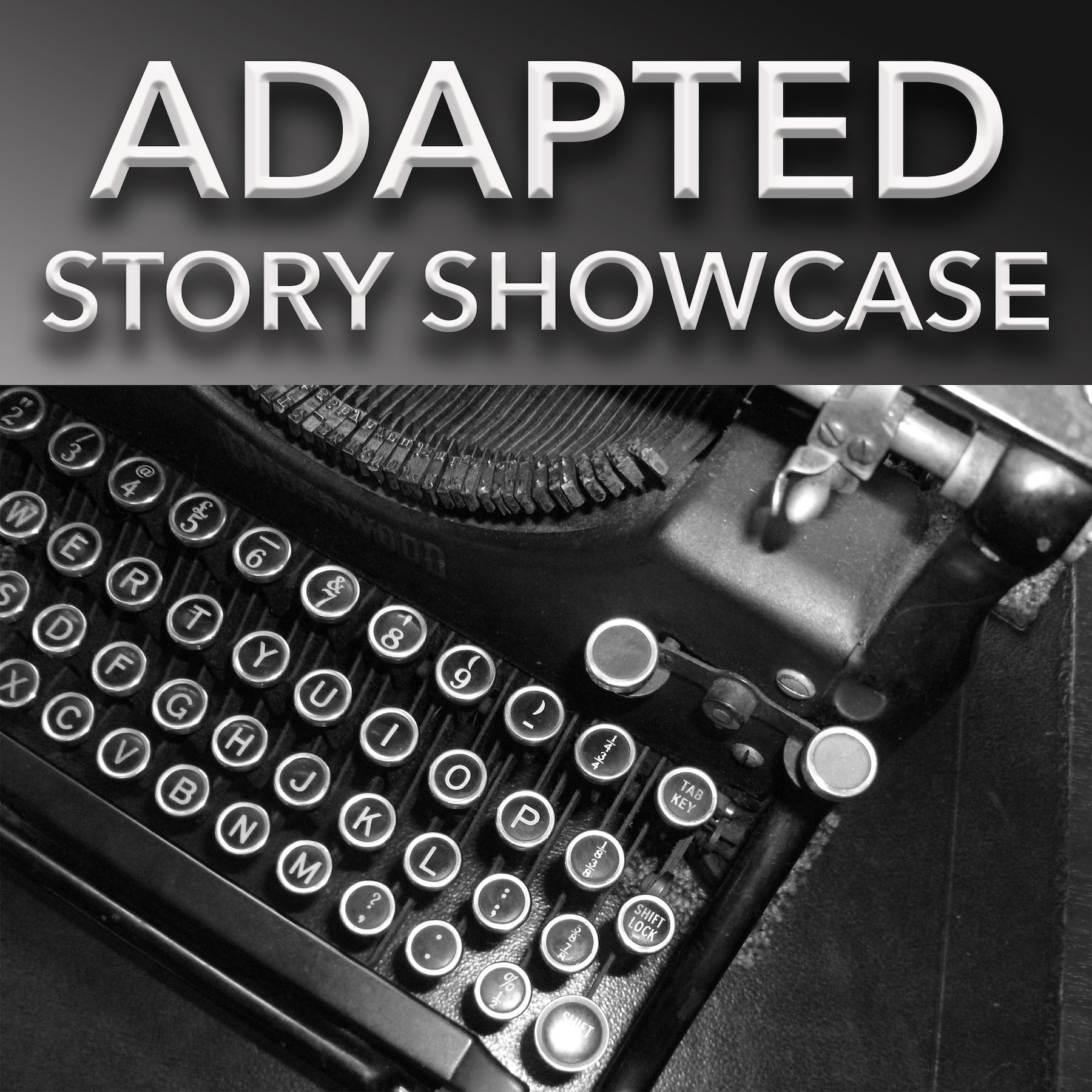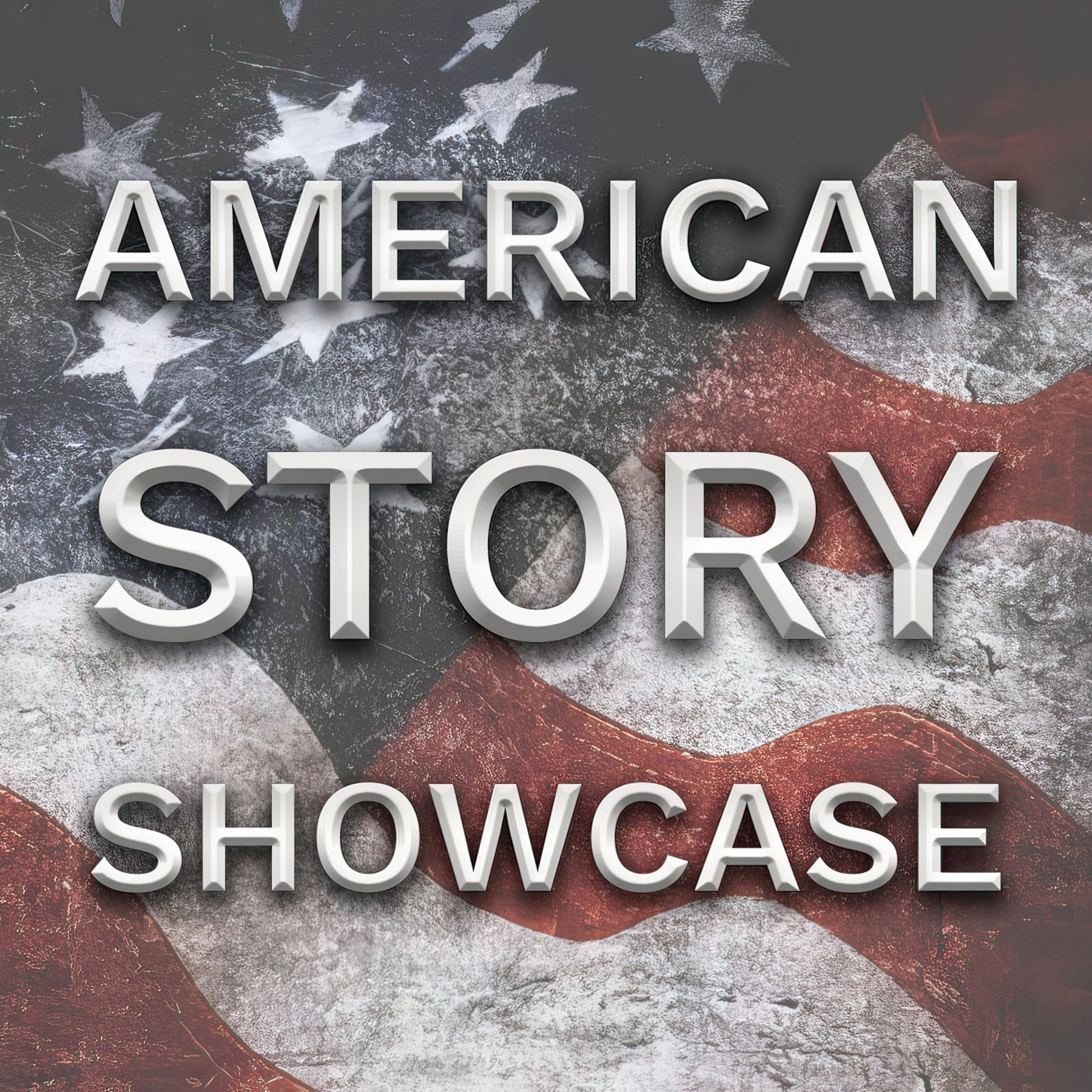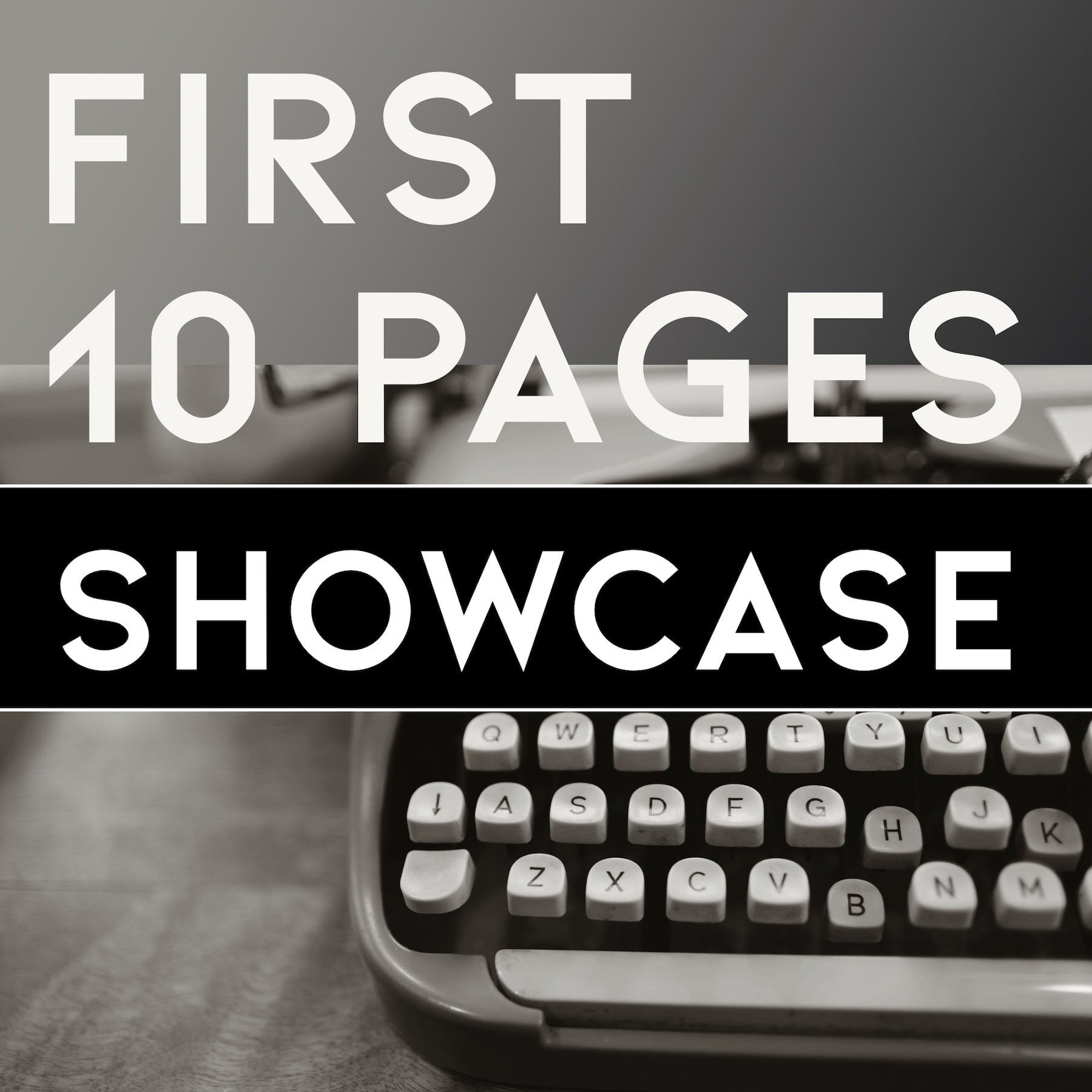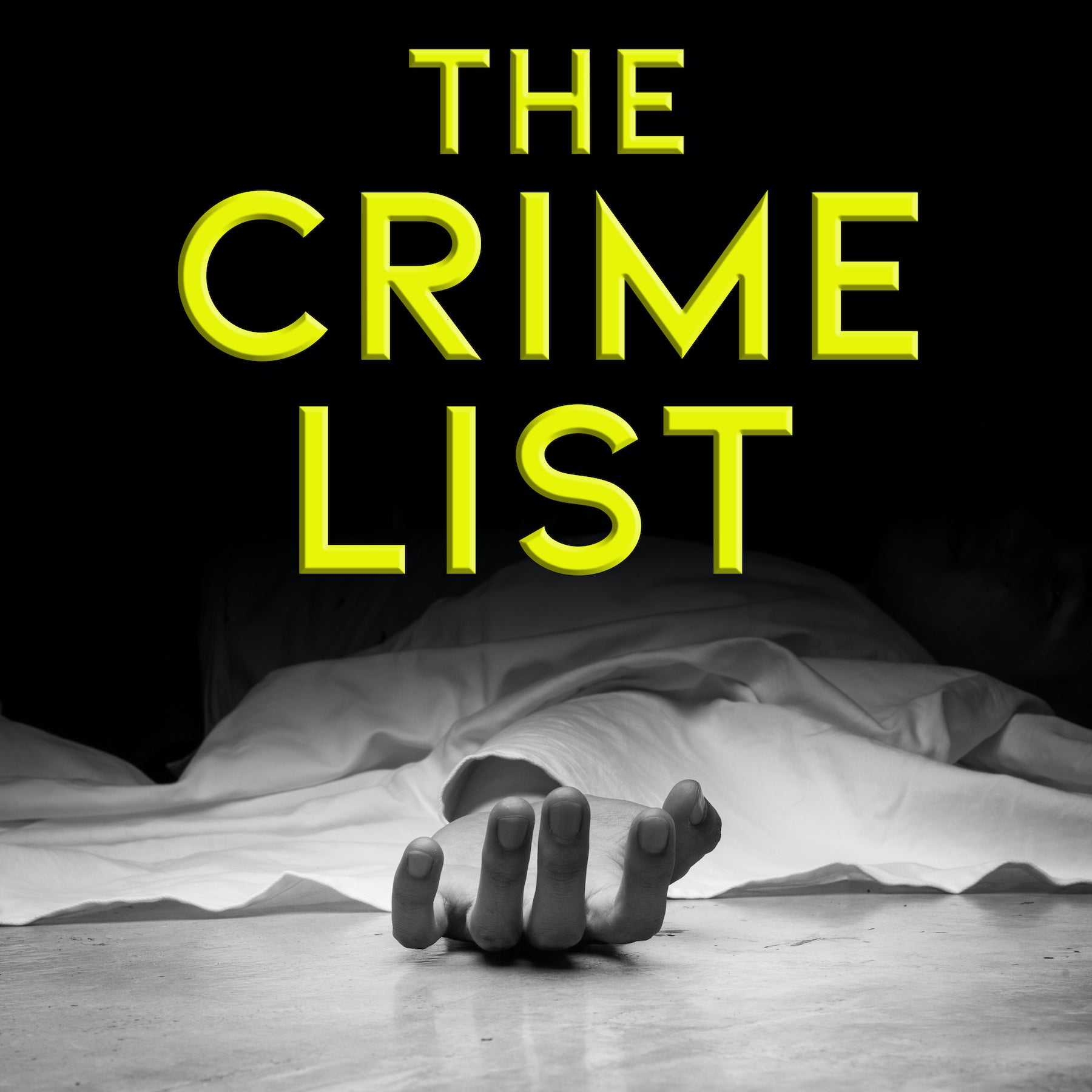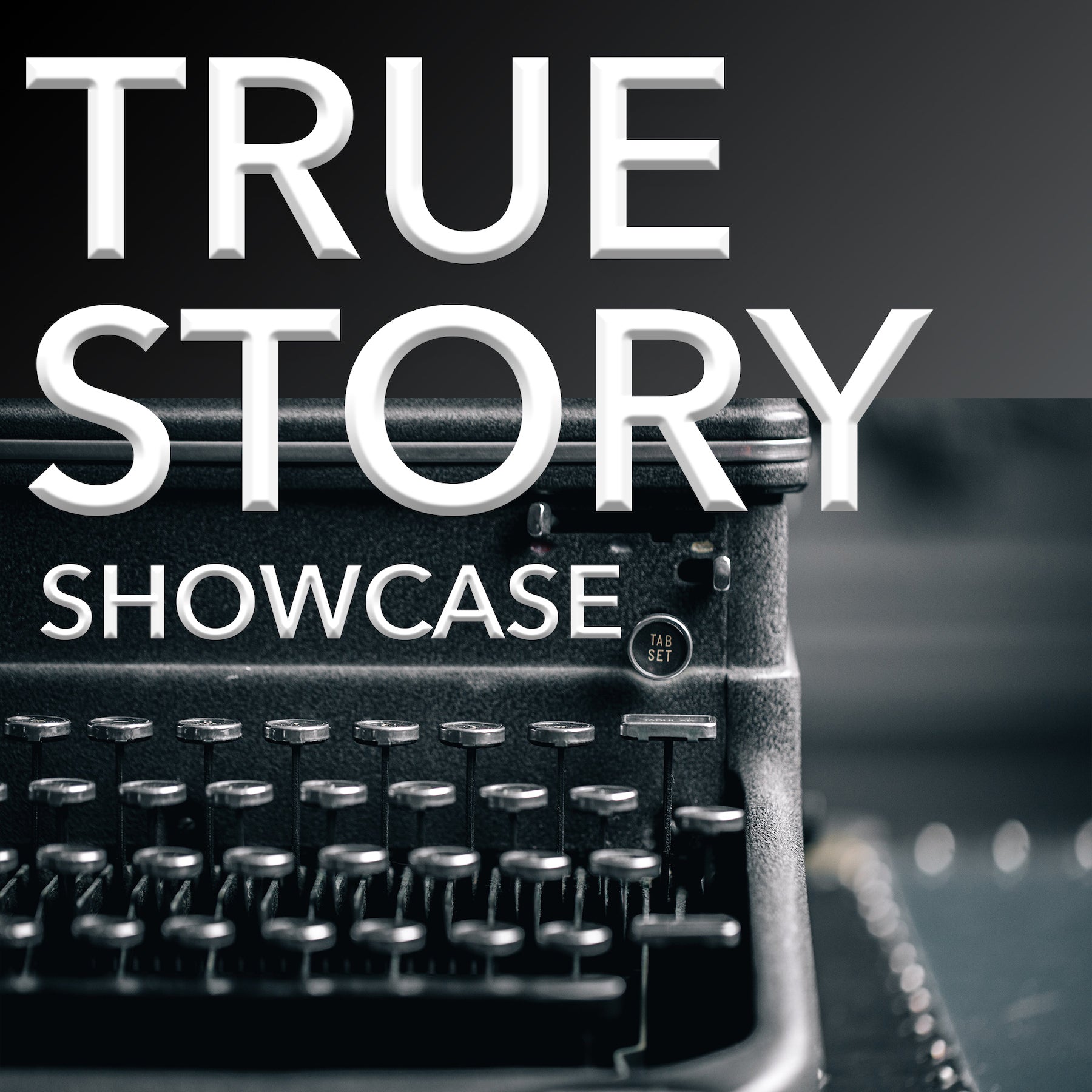
What Screenwriters & Novelists Can Learn From One Another: A Q&A with Larry Brooks
Author and screenwriter Larry Brooks shares insights for how authors and screenwriters can become better at their respective crafts by learning from one another.
Q: What can novelists learn from screenwriters?
I began my writing journey as a wannabe novelist, and I sucked at it. It wasn’t until I studied screenwriting and wrote a few scripts that I understood why that was the case. Screenwriting taught me that, even though I was an avid reader of novels, I knew absolutely nothing about storytelling. Screenwriting can be humbling in that way.
It could then be argued that I sucked as a screenwriter, too, but I did score a few options and an 8-pack full of Nicholl Fellowship placements, including a week in L.A. with nine other finalists that included an afternoon with Frank Darabont. Now that was cool.
But then fate threw me a curveball when I adapted one of my scripts into a novel – precisely the opposite of the traditional route – and before long I had a minor paperback bestseller (the USA Today list) on my hands and a career as a novelist unfolding before me.
Now, four novels and a ditched contract later, and as the creator of a successful instructional website for both novelists and screenwriters, I find myself saying two very congruent and insightful (if you’re a novelist) things:
Everything I learned about storytelling was gleaned from the study of screenwriting, and the best thing a new novelist can do is to dive headfirst into screenwriting theory.
Novelists don’t think structurally, they don’t know what a plot point is (they do have some semblance of the inciting incident, but for the most part they have no idea where it goes). Some of them ascribe to what they call pantsing – seat of the pants storytelling without a plan or even an ending in mind – defending it as the only true creative methodology a writer can and should adopt.
I wouldn’t go so far as to say that screenwriters are better storytellers than novelists. But I will say, and unequivocally so, that screenwriters have better tools, clearer models and more defined expectations for their stories than do novelists, all of it learned and practiced from Day One.
What I’ve discovered, and thankfully so, since it defines my mission in this little corner of the writing guru field, is that they are very much alike once you stop comparing how the manuscript pages look so drastically different.
The three-act movie structure translates almost precisely to a 4-part novel structure, simply by dividing our Act II confrontation in half, resulting in a Part 2 response/hero-as-wanderer quartile, then a mid-point context-shifting transitional moment, followed by a Part 3 attack/hero-as-warrior quartile.
The rest of it, most especially the story planning process that allows a story to fall into the right places and contexts as it bleeds from the forehead of the writer, is directly transferable and extraordinarily liberating for novelists who thought Stephen King knew everything.
Q: What can screenwriters learn from novelists?
We screenwriters know – and try to ignore – that if we put too much fancy stage direction into a script, we’ll get hate mail from directors and just possibly be banned from the set once we sell the damn thing. And so, we write sparsely, pointing the director toward a mood, a look, a moment, without being terribly succinct in the process.
Novelists, on the other hand, get to be the director of the stories they write. They must deliver mood and ambiance through the use of words that deliver nuance, and in doing so they bring every bit the aesthetic passion and detail that a cranky director and a van full of set designers and wardrobe mistresses bring to the party.
And in doing so, they have only one tool – their words. No lighting, no improvising actors, no green screen effects and editing magic. It’s all on the page.
Whereas a script is a blueprint for a performance, a novel is the performance.
We screenwriters, as masters of a visual medium, can learn the value and storytelling power of language. The essence of sub-text, implication and energy that a single word or short phrase can convey.
The only common ground in this regard is dialogue – novelists and screenwriters have the exact same work to do whenever a character opens their mouth. But the novelist also gets to play the speaker like a puppeteer, imbuing her or him with meaningful expression and body language and tone. Try that in a script and actors like John Malkovich will punch you in the mouth.
Imagine if a novelist with the literary chops of a Dennis Lehane or a Colin Harrison had a crack at your script. How might they say it differently? How would they seek to make the most of a moment – that’s all we have in a script, a real-time moment – that carries so much storytelling clout in only a few well-rendered syllables?
In the script for Avatar, on page 116, Cameron writes in stage direction: “The shack descends from the sky like a gift from the gods.” He could have said, “The helicopter slowly lowers the shack to the ground,” but he chose to go all novelist on the reader for that quick moment.
Now, he’s James Cameron, and he’s probably the type of director who would shoot any screenwriter who tried to overstep in that fashion. But he said so much with so few words in that line, and the bold screenwriter can take a cue from this approach and imbue their own stories with the same level of metaphoric visualization, using language that speaks volumes to a director needing to see it on the page.
The idea is to spoon-feed the moment to the director and actors in a way that allows them to comprehend your vision, rather than ram it at them. It’s a subtle art, but precisely the one the novelist faces each time they describe something or create a dramatic moment.
This visual power of language – can separate you from the spec script crowd. Simply by bringing a literary sensibility to your pages, without crossing the line toward directing the movie, you’ll give the reader more visceral and powerful experience, you’ll make them feel you.
So, while I’m busy pointing novelists to the subject of story structure, consider picking up a credible paperback and doing a little analytical reading of your own. You’ll see what you already know in the structure, and you might just get something else you can use. You may begin to immerse yourself in the descriptive power of words.
Larry Brooks is the author of six critically-acclaimed thrillers, and the guy behind storyfix.com, named by Writers Digest Magazine to their "101 Best Website for Writers". His latest novels are Deadly Faux and The Seventh Thunder, published by Turner Publishing, which has also re-released his four prior novels as trade paperbacks. He is also the author of three bestselling writing books, including Great Stories Don't Write Themselves and Story Fix: Transform Your Novel from Broken to Brilliant.


